The Essential Role of Antivirus Software in a Windows 10 Environment
Related Articles: The Essential Role of Antivirus Software in a Windows 10 Environment
Introduction
With great pleasure, we will explore the intriguing topic related to The Essential Role of Antivirus Software in a Windows 10 Environment. Let’s weave interesting information and offer fresh perspectives to the readers.
Table of Content
The Essential Role of Antivirus Software in a Windows 10 Environment
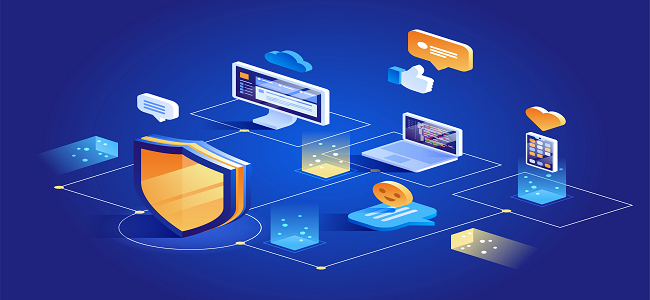
The ubiquitous nature of the internet has brought about a plethora of benefits, but it has also ushered in a new era of digital threats. Malware, viruses, and other malicious software have become increasingly sophisticated, posing a constant threat to personal and professional data. This is particularly true for Windows 10 users, as the operating system’s widespread adoption makes it a prime target for cybercriminals.
Therefore, understanding the critical role of antivirus software in a Windows 10 environment is paramount for safeguarding both individual and organizational security.
The Evolving Landscape of Cyber Threats
The digital landscape is in constant flux, with new threats emerging regularly. Cybercriminals are constantly innovating, devising novel methods to infiltrate systems and exploit vulnerabilities.
-
Ransomware: This type of malware encrypts a victim’s files, rendering them inaccessible unless a ransom is paid. The threat of ransomware has escalated significantly, targeting individuals, businesses, and even critical infrastructure.
-
Spyware: This malicious software secretly monitors user activity, collecting sensitive information such as login credentials, financial data, and browsing history. This information is then used for identity theft, financial fraud, or other nefarious purposes.
-
Trojans: Disguised as legitimate software, Trojans can grant cybercriminals remote access to a compromised system, enabling them to steal data, install other malware, or even take control of the device.
-
Phishing: This technique uses deceptive emails, websites, or messages to trick users into revealing sensitive information, such as passwords or credit card details.
The Importance of Antivirus Software in a Windows 10 Environment
Antivirus software acts as a critical first line of defense against these threats, offering a comprehensive suite of security measures to protect Windows 10 users:
-
Real-time Protection: Modern antivirus solutions continuously monitor the system for suspicious activity, detecting and blocking threats in real-time. This proactive approach prevents malware from infiltrating the system and causing damage.
-
Malware Detection and Removal: Antivirus software employs sophisticated algorithms and databases to identify and remove known malware, ensuring that infected files and programs are neutralized.
-
Heuristic Analysis: This advanced technology analyzes the behavior of suspicious files and programs, detecting and blocking threats that haven’t been identified in existing malware databases.
-
Firewall Protection: Many antivirus programs include a built-in firewall, which acts as a barrier between the system and the internet, controlling incoming and outgoing network traffic. This prevents unauthorized access to the system and protects against attacks originating from external sources.
-
Anti-Phishing Protection: Antivirus software can identify and block phishing websites and emails, preventing users from falling victim to these deceptive tactics.
-
Regular Updates: Antivirus vendors constantly update their software with the latest threat intelligence, ensuring that their solutions remain effective against emerging threats.
Benefits of Using Antivirus Software
Beyond the essential security features, utilizing antivirus software in a Windows 10 environment offers several key benefits:
-
Data Protection: Antivirus software safeguards sensitive data, including personal information, financial records, and business documents, from unauthorized access and theft.
-
System Stability: Malware can compromise system performance, leading to slowdowns, crashes, and data loss. Antivirus software helps prevent these issues by removing malicious software and ensuring system stability.
-
Peace of Mind: Knowing that a robust antivirus solution is protecting your system provides peace of mind, allowing you to focus on your work or personal activities without worrying about cyber threats.
-
Legal Compliance: In many industries, data security is a legal requirement. Using antivirus software demonstrates a commitment to data protection and helps organizations comply with relevant regulations.
Addressing Common Concerns and Misconceptions
While the importance of antivirus software is clear, some misconceptions persist regarding its effectiveness and necessity:
-
Windows 10 has built-in security: While Windows 10 includes some built-in security features, these are not a substitute for a dedicated antivirus solution. Modern threats often bypass built-in defenses, making a comprehensive antivirus program essential.
-
Antivirus software slows down my computer: Modern antivirus solutions are designed to be lightweight and efficient, minimizing impact on system performance. However, it is crucial to choose a reputable vendor and install a reliable antivirus program.
-
I don’t need antivirus software if I’m careful online: Even the most cautious users can fall victim to cyber threats. Phishing attacks, drive-by downloads, and other vulnerabilities can compromise even the most vigilant users.
Frequently Asked Questions
Q: What are some reputable antivirus software options for Windows 10?
A: There are numerous reputable antivirus software vendors available, each offering a unique set of features and benefits. Some popular options include:
-
Bitdefender: Known for its high detection rates and minimal impact on system performance.
-
Norton: A well-established antivirus provider offering comprehensive protection against a wide range of threats.
-
McAfee: Provides a robust suite of security features, including antivirus, firewall, and anti-phishing protection.
-
Kaspersky: Renowned for its advanced threat detection capabilities and strong reputation for security.
-
Avast: Offers a free version with basic protection, as well as paid plans with more advanced features.
Q: How often should I update my antivirus software?
A: Antivirus software should be updated regularly to ensure that it remains effective against the latest threats. Most antivirus programs provide automatic updates, but it is essential to check that updates are being applied consistently.
Q: Can I use multiple antivirus programs at the same time?
A: While it may seem like a good idea, using multiple antivirus programs simultaneously can lead to conflicts and system instability. It is recommended to choose one reputable antivirus solution and stick with it.
Q: What are some additional security measures I can take to protect my Windows 10 computer?
A: Beyond antivirus software, there are several additional steps you can take to enhance your system’s security:
-
Strong Passwords: Use strong, unique passwords for all your online accounts.
-
Two-Factor Authentication: Enable two-factor authentication for sensitive accounts, adding an extra layer of security.
-
Regular Software Updates: Keep your operating system and software applications up to date with the latest security patches.
-
Backup Your Data: Regularly back up your important data to protect it from data loss due to malware or hardware failures.
-
Be Cautious of Links and Attachments: Be wary of suspicious emails and websites, and avoid clicking on links or opening attachments from unknown sources.
Tips for Selecting and Using Antivirus Software
-
Choose a Reputable Vendor: Opt for a well-established and reputable antivirus vendor with a proven track record of security excellence.
-
Read Reviews: Before purchasing any antivirus software, read reviews and compare features to find the best solution for your needs.
-
Consider Subscription Options: Many antivirus vendors offer subscription-based plans, which provide regular updates and technical support.
-
Schedule Scans: Regularly schedule full system scans to ensure that your antivirus software is actively detecting and removing threats.
-
Keep Your Software Updated: Ensure that your antivirus software is updated with the latest threat intelligence and security patches.
Conclusion
In the digital age, where cyber threats are constantly evolving, using antivirus software on your Windows 10 computer is no longer an option but a necessity. A robust antivirus solution provides essential protection against malware, spyware, ransomware, and other threats, safeguarding your data, system stability, and peace of mind.
By understanding the importance of antivirus software, choosing a reputable vendor, and implementing additional security measures, you can effectively protect your Windows 10 environment and navigate the digital world with confidence.

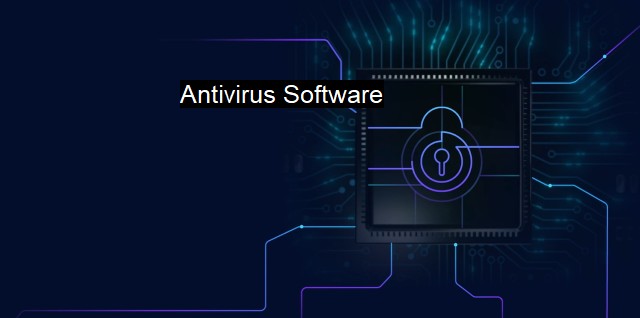

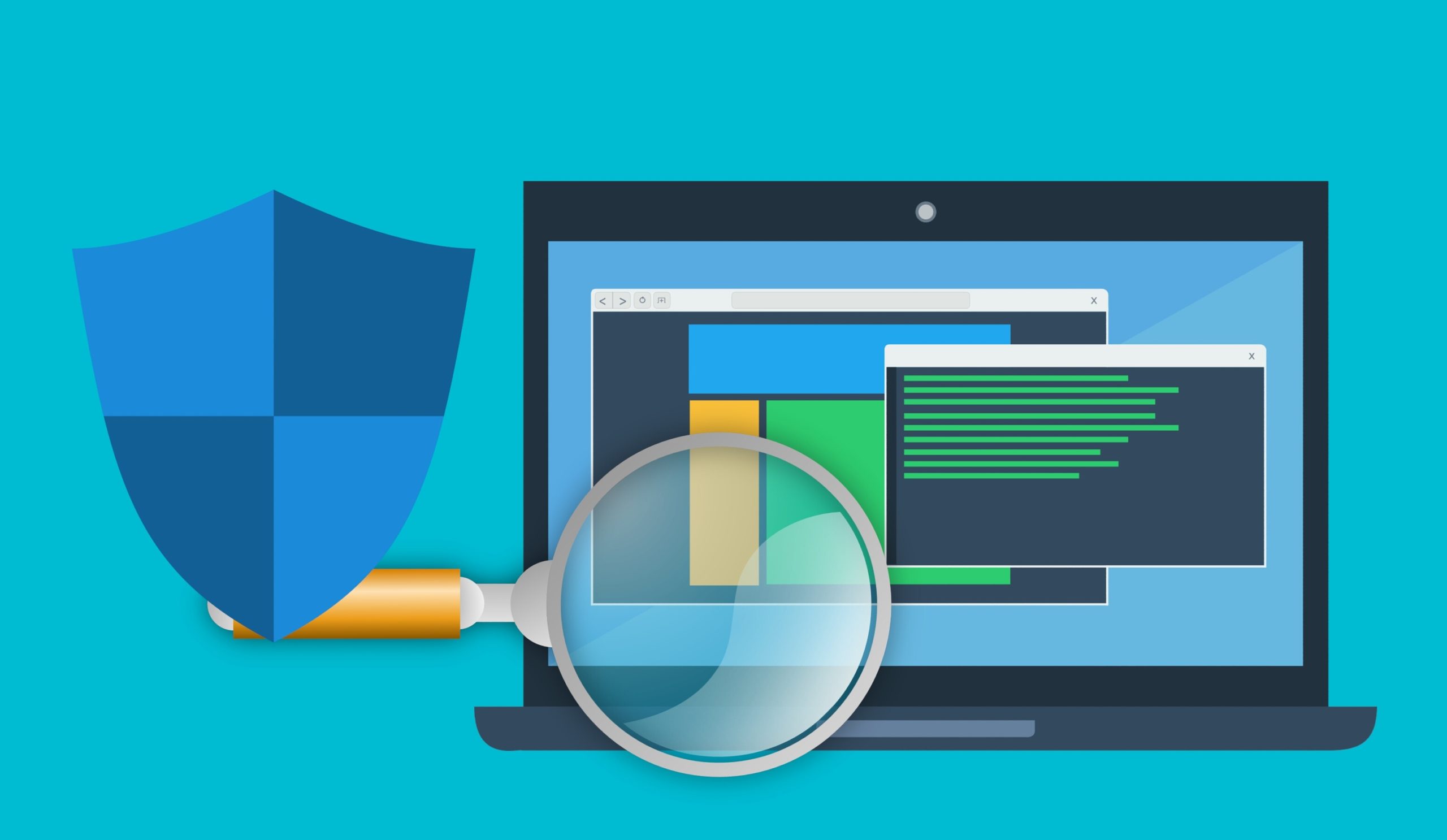
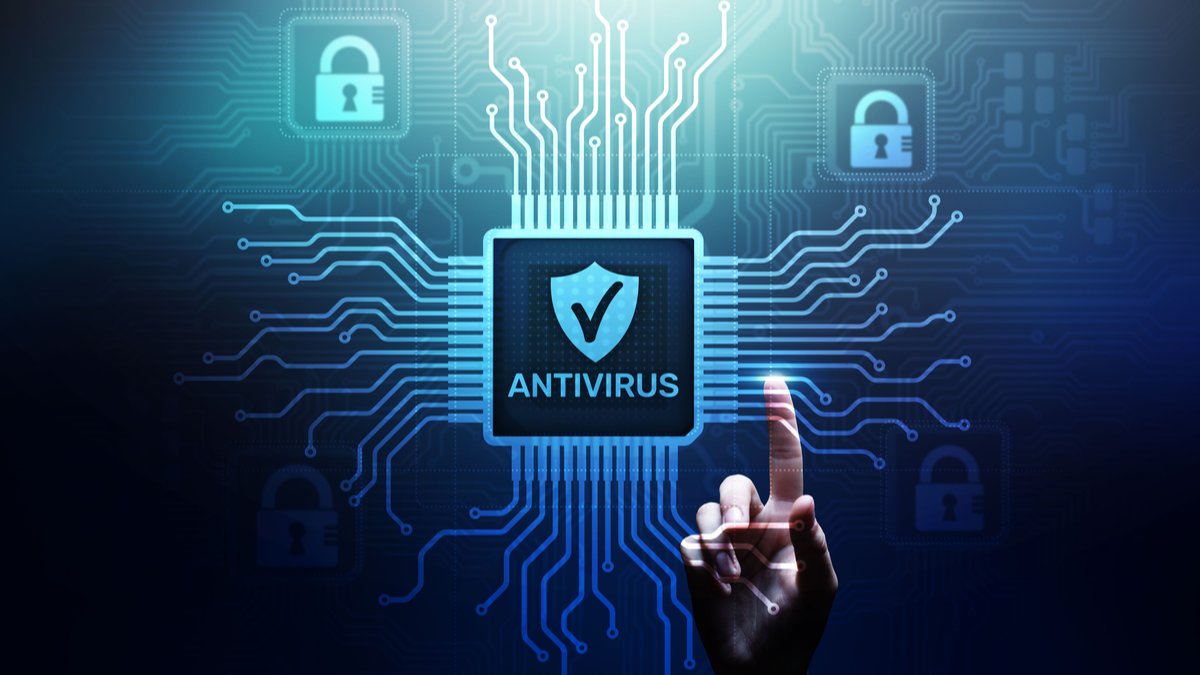
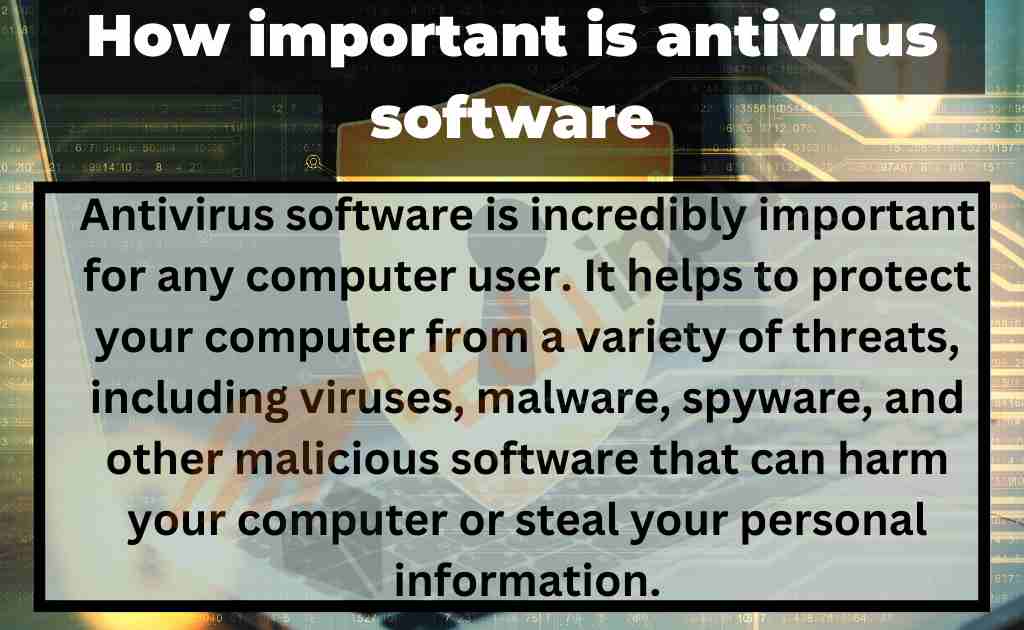

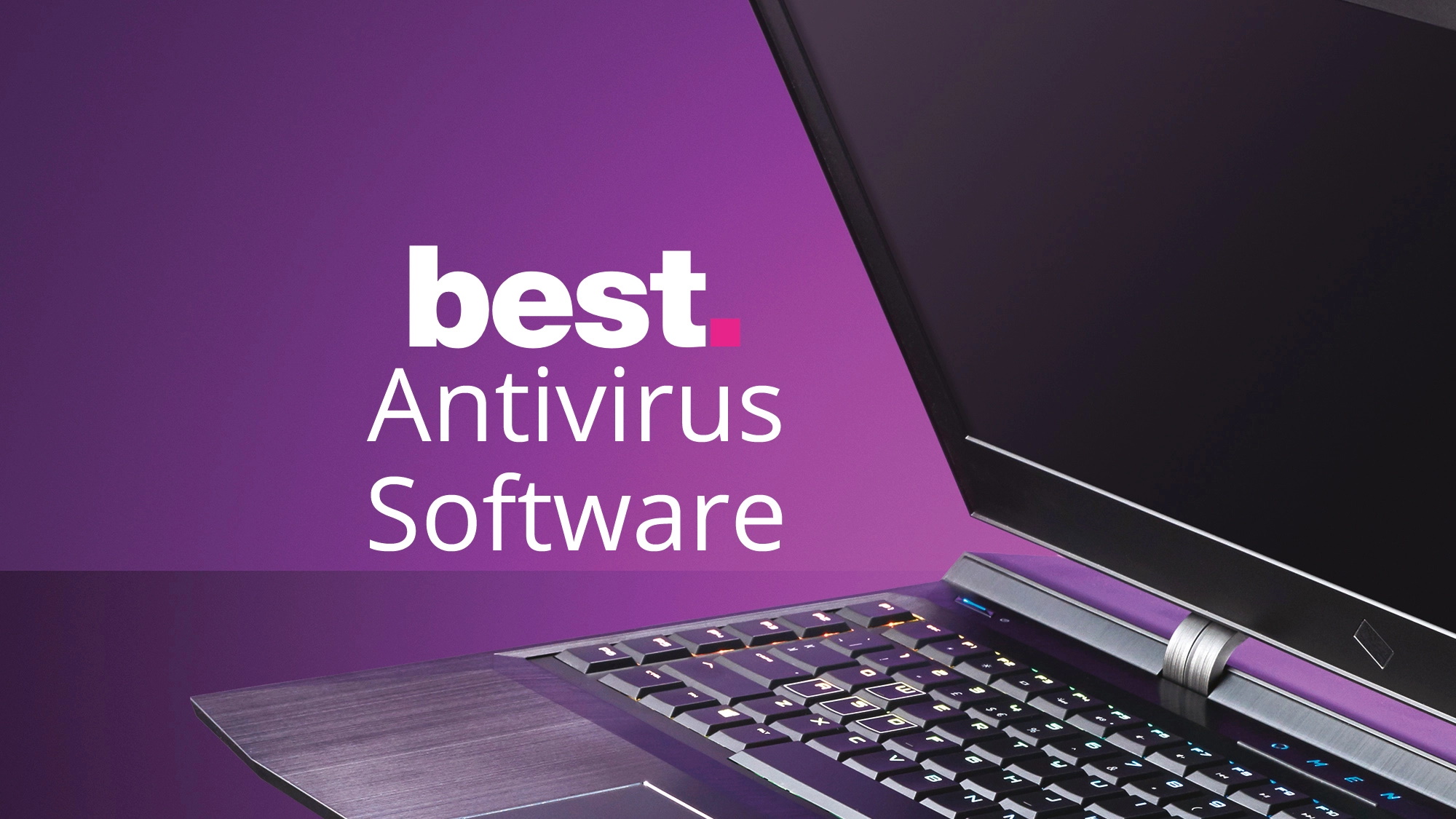
Closure
Thus, we hope this article has provided valuable insights into The Essential Role of Antivirus Software in a Windows 10 Environment. We hope you find this article informative and beneficial. See you in our next article!